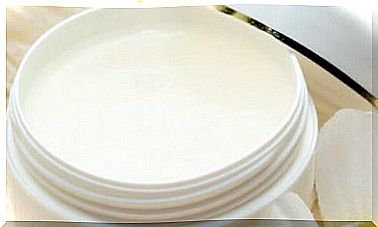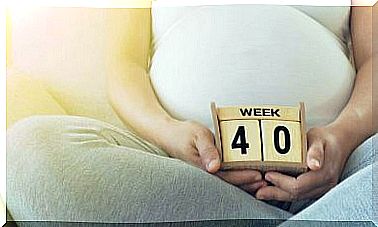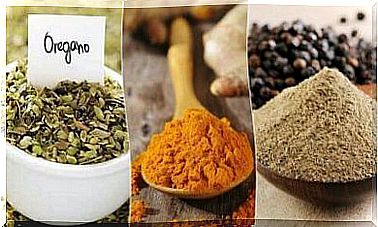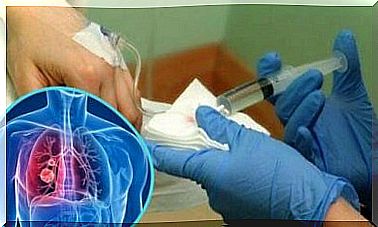Contraindications To The Use Of Spirulina

Recently, the use of spirulina in the food industry has become popular as its health benefits have been recognized. However, as with any food ingredient, there are certain precautions and contraindications to consider before taking spirulina.
Who should avoid taking spirulina? Spirulina is an algae that grows easily in desert areas and especially where the water is alkaline. Because of the number of nutrients it contains, many consider it a superfood (Spanish link). However, this does not mean that the intake is always safe.
Spirulina: What Nutrients Does It Contain?
Civilizations such as the Aztecs and the Incas have been consuming this substance since ancient times. However, it was not until some time ago that its important properties for human health were rediscovered.
Many people today hold it in high esteem and you can get it in powder, capsule, liquid and tablet form. Spirulina contains protein in large amounts, essential fatty acids and antioxidants. It also contains minerals such as:
- Iron
- Buyer
- Zinc
- Vitamin A, E and B complex.
The benefits of spirulina
Several studies emphasize that spirulina can help prevent certain diseases and strengthen the immune system thanks to its components. The most recognized properties are the following:
- It is antioxidant and antiviral.
- Retains heavy metals, so it is a natural complexing agent.
- It regulates blood sugar and cholesterol levels.
What are the precautions and contraindications for taking spirulina?
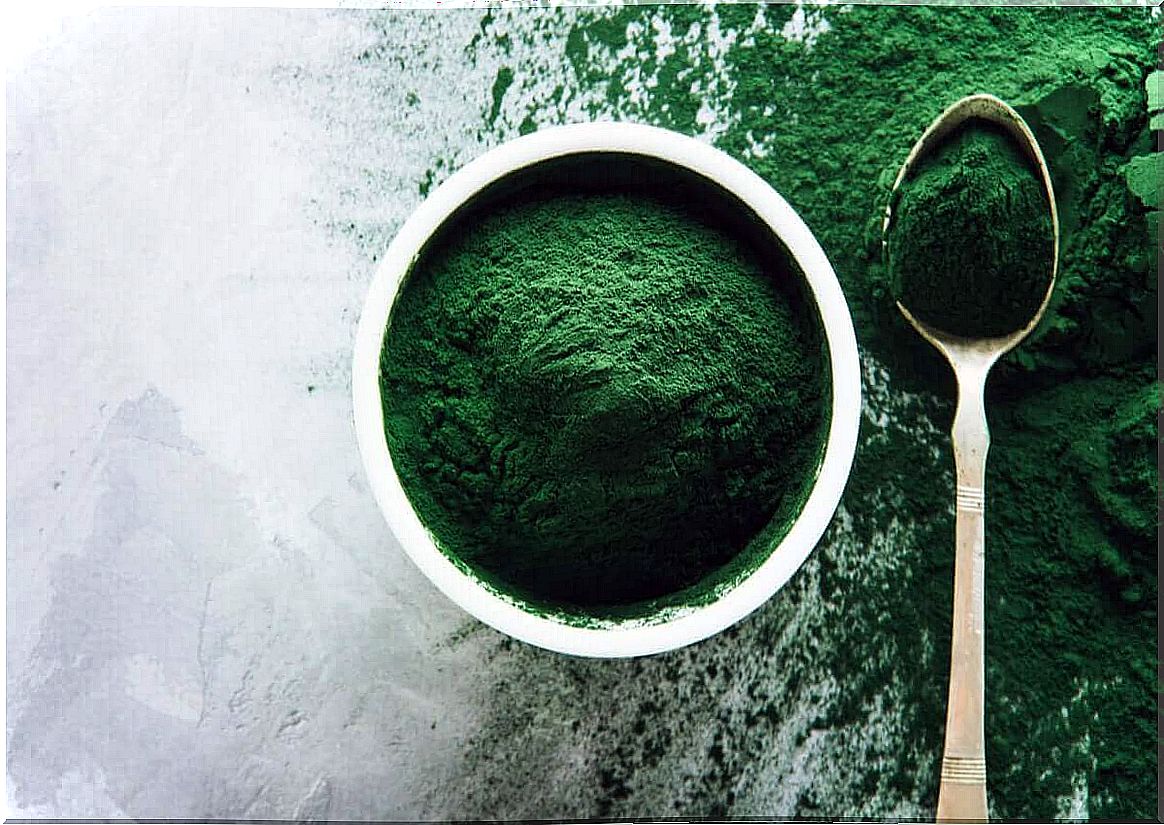
While this dietary supplement is safe for most people, it is best avoided in some specific cases. That’s because it can have some adverse effects. Let’s take a closer look at 5 situations that deserve precaution.
1. People with bleeding disorders should use spirulina with caution
Spirulina has an anti-clotting effect, which means it slows down the action of platelets that block wounds in the blood vessels. It therefore affects the natural action of stopping bleeding.
In this sense, for conditions such as atrial fibrillation or stroke, those taking drugs with the same effect should avoid spirulina. In patients with bleeding disorders, bruising and heavy bleeding can be exacerbated.
2. Pregnant Women or Infants
There is no accurate data on the effects of this supplement during pregnancy. However, experts know that algae may be contaminated with toxins or metals.
Heavy metal poisoning (Spanish link) is a serious condition that affects several organs. The brain, kidneys and red blood cells are prone to the accumulation of these toxins, which pose an increased risk of developing other diseases in the medium term .
The placenta and the communication unit between fetus and mother are also vulnerable to heavy metal poisoning. Pregnancy is therefore one of the situations in which there are precautions and contraindications to the use of spirulina.
3. People with autoimmune diseases should not take spirulina
Taking Spirulina strengthens the immune system. However, in some situations, such as multiple sclerosis, lupus, rheumatoid arthritis, and other similar conditions, spirulina can enhance this effect and thus make these conditions worse. It is therefore best not to use it in these cases.
4. Allergies
According to a number of studies, spirulina may have an allergenic component. There is therefore a possibility that it may cause side effects. While exposure to Spirulina is necessary to detect it, those who already suffer from other food allergies should take extreme precautions.
5. Patients with phenylketonuria should exercise caution before taking spirulina
Phenylketonuria is a hereditary disease (Spanish link) that is rare in the general population. In these patients there is a change in the metabolism of the amino acid phenylalanine.
For these individuals, consuming products containing this substance, such as algae, is contraindicated. If they do, their body will not be able to carry out its specific metabolism when symptoms appear.
What to watch out for before taking spirulina
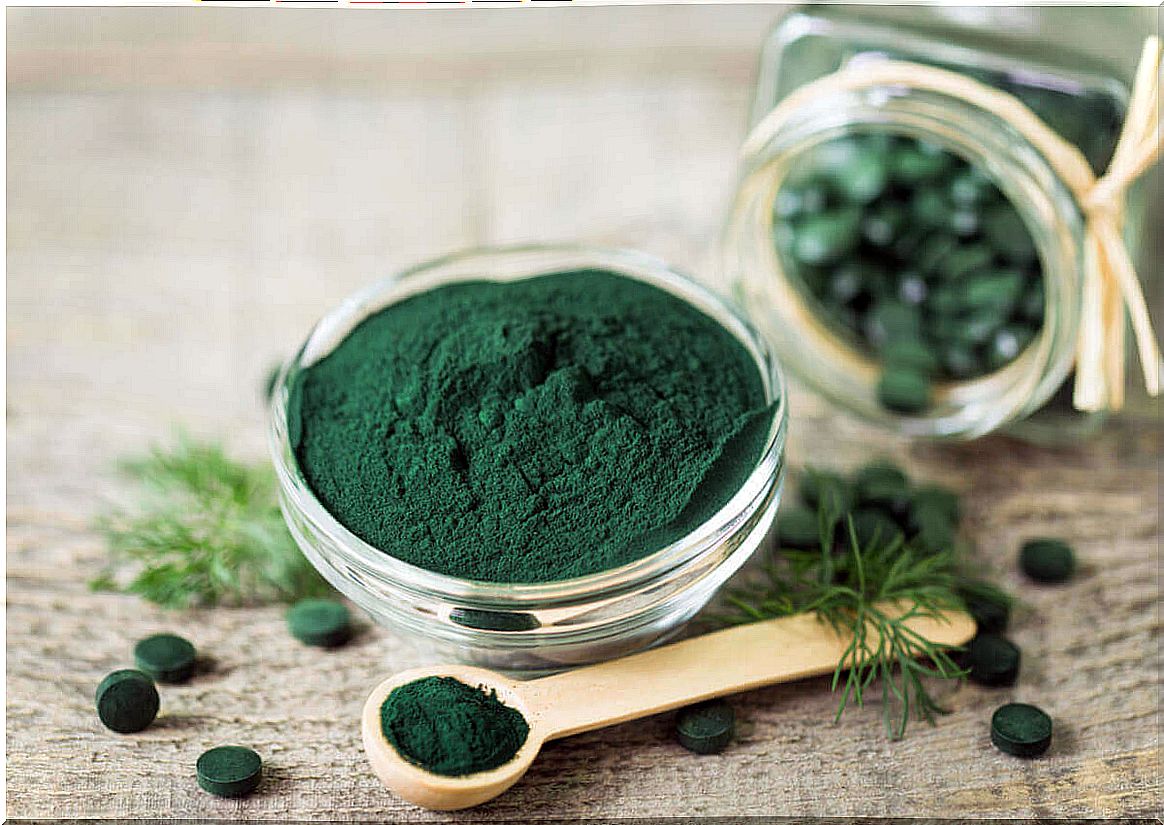
To be clear, spirulina is a food that is used as a supplement, not a medicine. Its consumption in sufficient doses is safe for most people, except for those mentioned in the previous section. However, in some specific cases side effects may occur. These include:
- Skin rash
- Itch
- Thirst
- blockage
- Stomach ache
- Dizziness
Although this component is an option for the absorption of proteins, essential fatty acids and other nutrients, that does not mean that it cannot cause side effects.
Contrary to popular belief, just because a product is natural does not mean it will always be harmless. For this reason, if you suffer from an illness, are breastfeeding or are allergic to certain foods, you should consult your doctor to see if you can include this algae in your diet.




